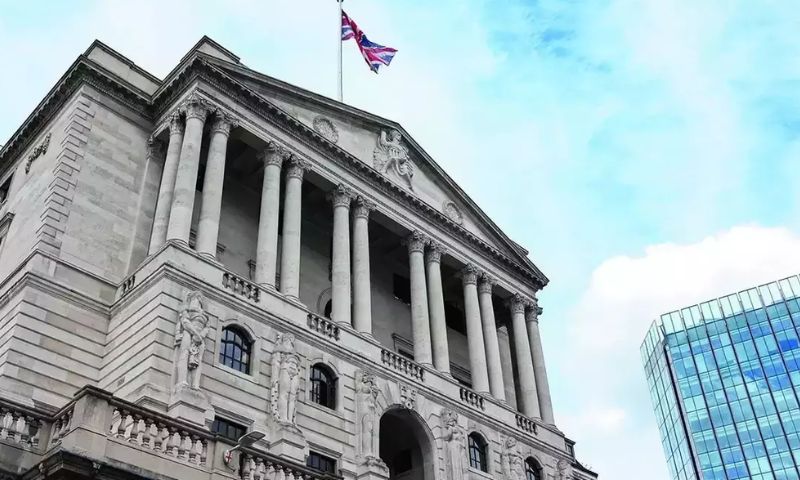LONDON: In a surprising turn of events, inflation in Britain unexpectedly dropped to its lowest point since the beginning of Russia’s invasion of Ukraine, causing a notable decrease in energy and food costs.
The Office for National Statistics revealed on Wednesday that the consumer prices index reflected an inflation rate of 6.7% in August, a slight decline from the 6.8% reported in July. This dip marked the lowest inflation level since February 2022.
Factors contributing to this unexpected decrease included reduced costs in hotel accommodations and airfares, as well as a moderation in food price hikes. These elements helped counterbalance the increase in energy prices due to the upward trajectory of crude oil prices.
The decline in inflation came as a surprise to most analysts, who had anticipated a rise to approximately 7%. Despite this positive development, inflation in the UK remains significantly above the Bank of England’s target rate of 2%. Consequently, a consensus among economists suggests that the Bank of England is likely to once again increase its main borrowing rate by a quarter of a percentage point to reach a near 16-year high of 5.5% on Thursday.
Following the global trend of central banks, the Bank of England has been aggressively raising interest rates over the past couple of years. This approach has been employed to combat the surge in prices initially sparked by supply chain disruptions during the COVID-19 pandemic and further exacerbated by Russia’s invasion of Ukraine. The peak of this inflationary wave was witnessed in October 2022, reaching a high of 11.1%.
























